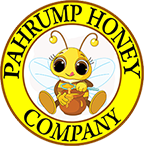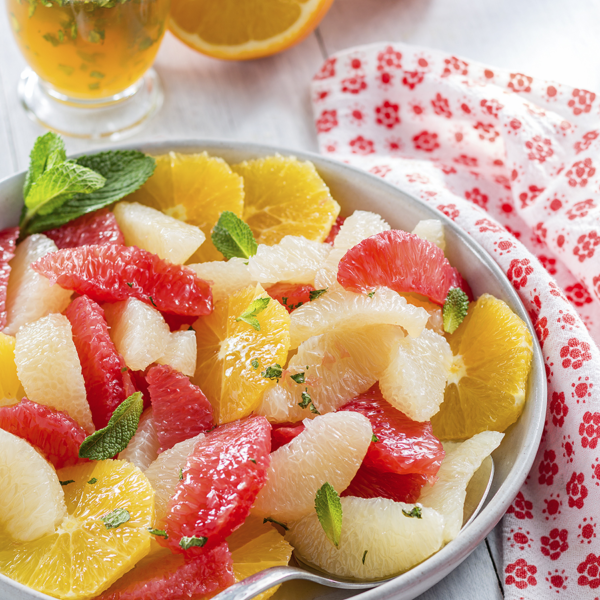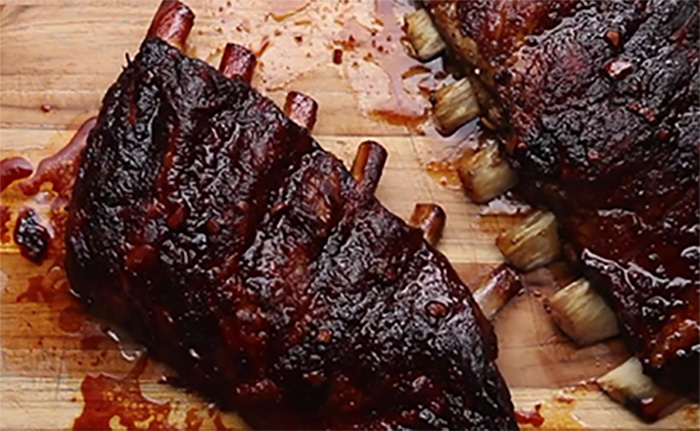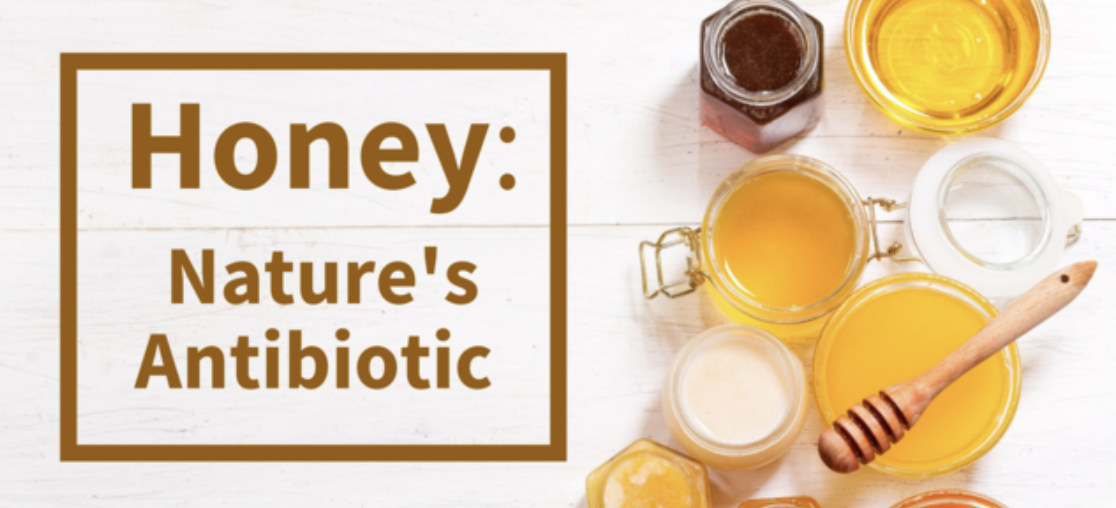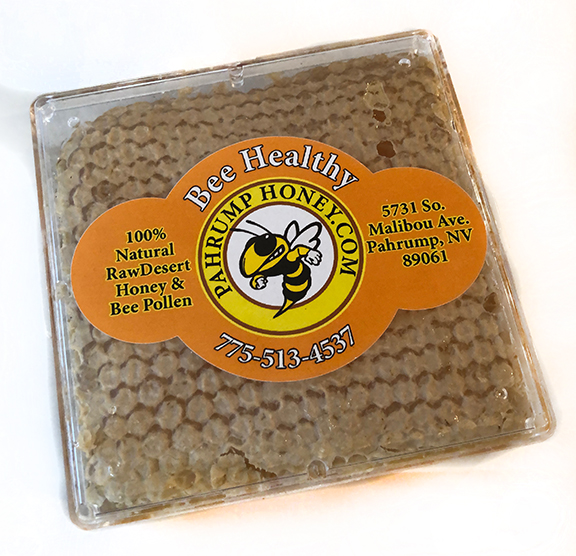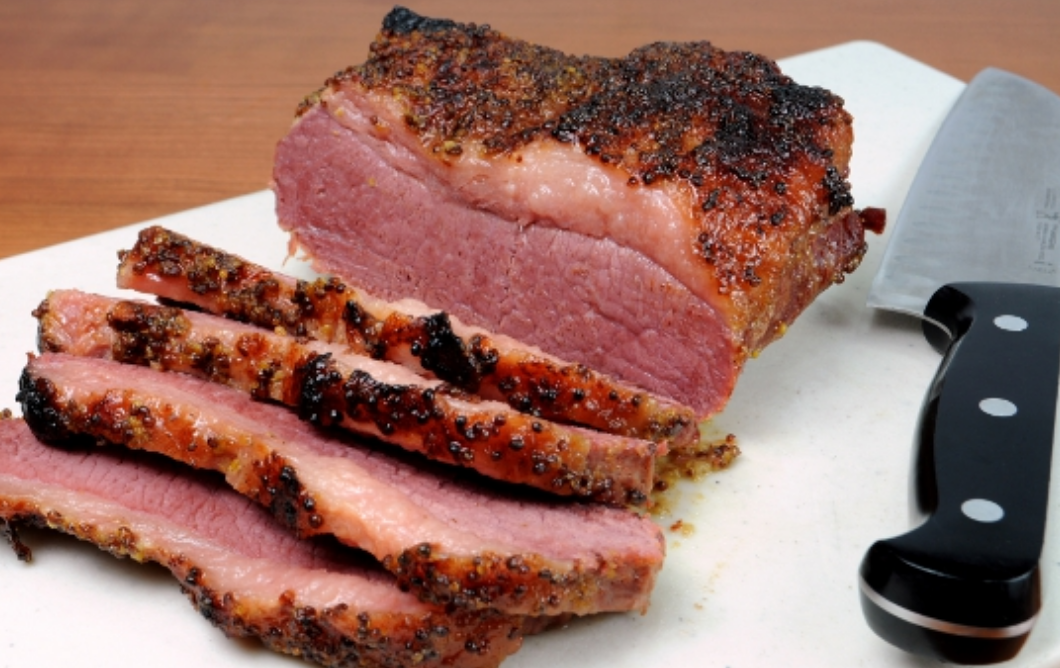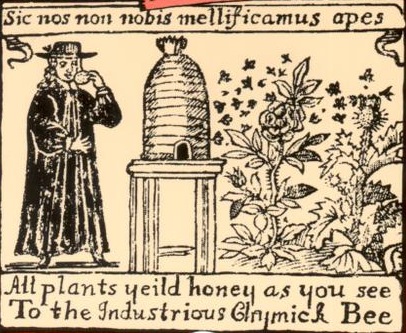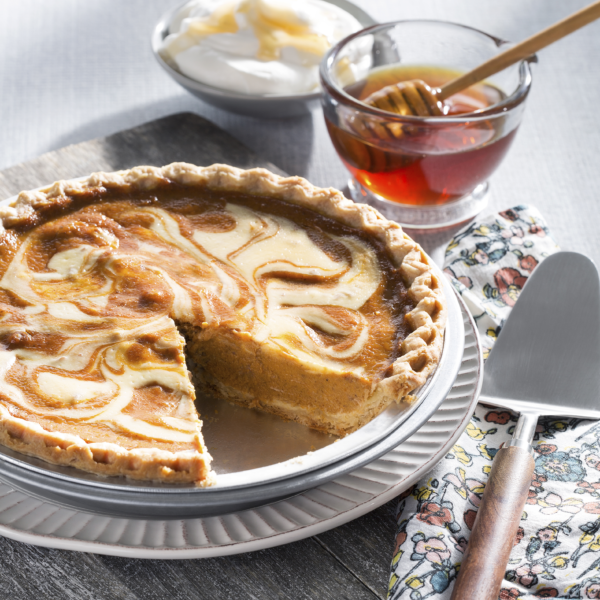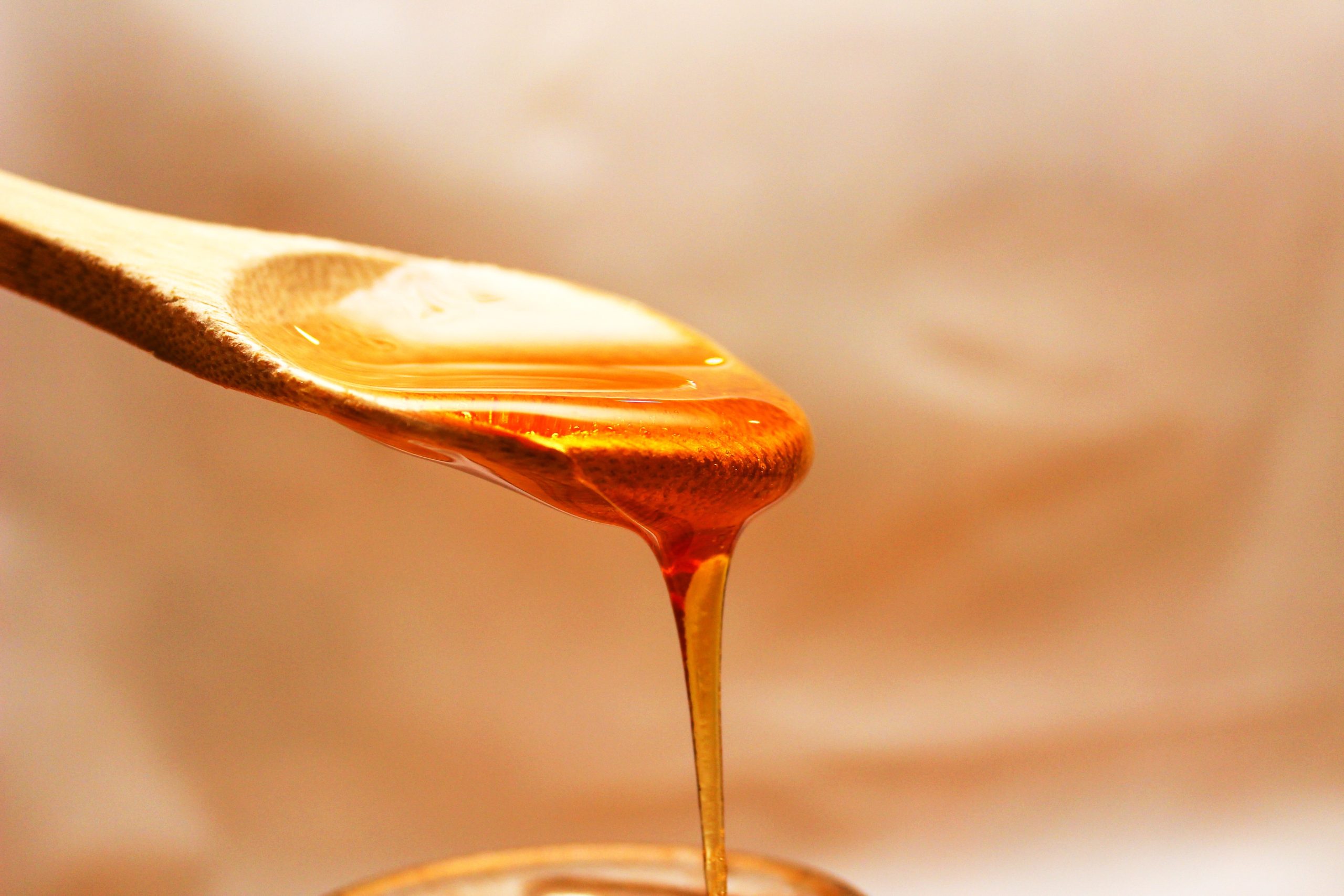
If you eat honey every day, you’ll soon realize its true benefits, which humans have been reaping from the hard work of bees for millennia. Its delicious nectar is found on every continent except Antartica.
According to a 2017 study, “honey is used not only as a nutritional product but also in health described in traditional medicine and as an alternative treatment for clinical conditions ranging from wound healing to cancer treatment.” The study goes on to elaborate that “evidence from Stone Age paintings shows treatment of disease with bee product such as honey originated from 8000 years ago.”
